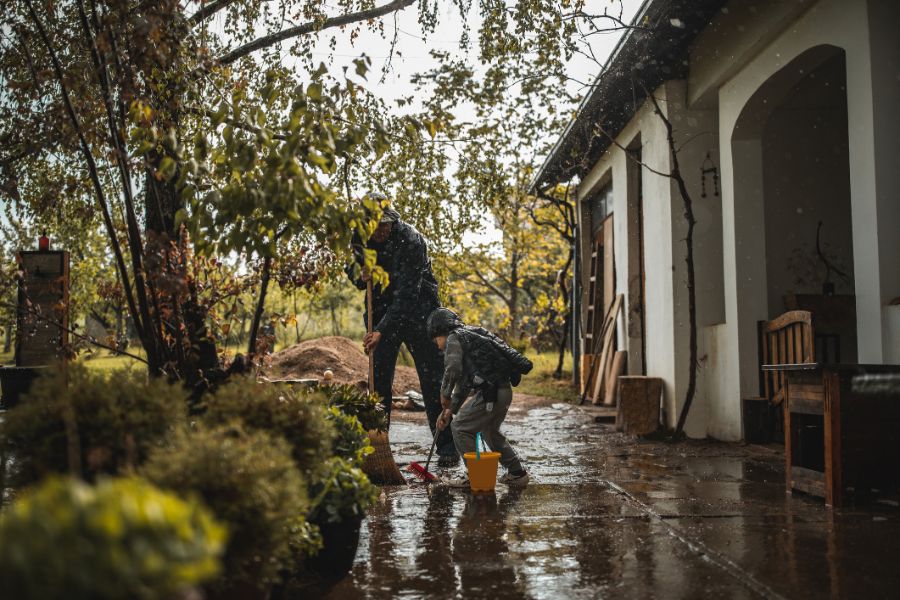
According to the Federal Emergency Management Association (FEMA), floods are the most common natural disaster in the United States. With the high likelihood of floods occurring, countless homeowners find themselves stuck out on a limb because they haven’t bought any flood insurance.
Just an inch of water that seeps into your home can cost you thousands of dollars in damage. That’s why it’s important to assess whether paying for flood insurance is a good idea.
Are You at Risk?
Start off by checking FEMA’s flood maps to determine if your home is at risk. The maps show flood zones, floodways, and the risk levels of homes. Also detailed are topographical and infrastructural information such as land features, levees, coastal barriers, and the base flood line.
This information is not permanent – there are changes in the floodplains and flood zone designations all the time. Be sure to check the status of your home or property every few years.
Is Coverage Required?
The answer to this, if you hold a government-backed mortgage and your home’s in a high-risk area, is yes. Homes that have low- to-moderate risk, on the other hand, may or may not be required by their lender to get coverage.
If you live in an area that’s considered high-risk and have previously received federal disaster assistance or a low-interest disaster loan from the U.S. Small Business Administration (SBA), you’ll need to maintain flood damage coverage to remain eligible for any future federal disaster aid.
Types of Insurance
Even if you aren’t required to have insurance, getting coverage is always a smart thing to do.
You can only purchase flood insurance through the National Flood Insurance Program (NFIP) if your community actively participates in the program; it’s best you check the NFIP Community Status Book to make sure. Otherwise, you will need to purchase private flood insurance.
The NFIP is under the Federal Emergency Management Agency (FEMA) and covers both your building and personal property. Private flood insurance, on the other hand, is not funded by the federal government. It does offer higher coverage than the NFIP, but the premiums are also higher than what FEMA offers.
In choosing your insurance, it’s important you first analyze your risk factors and financial capacity. You may determine that you need both the NFIP and private flood insurance – it’s best you discuss this more in-depth with a consultant.
If you have the financial capacity to do so, definitely consider getting flood insurance. You may not be able to avoid floods, but you can reduce your risk. Having one or two flood insurance policies, especially if you live in a flood-prone area, can offer you the security that every homeowner deserves.
If you’re looking for the perfect home, the Coldwell Banker Cascade Real Estate team works to provide professional guidance and bring you only the best of Dryden, WA real estate. You can message our agents here or reach our team at 509.682.7777 and info(at)cbcascade(dotted)com. We love hearing from both buyers and sellers in the area.
